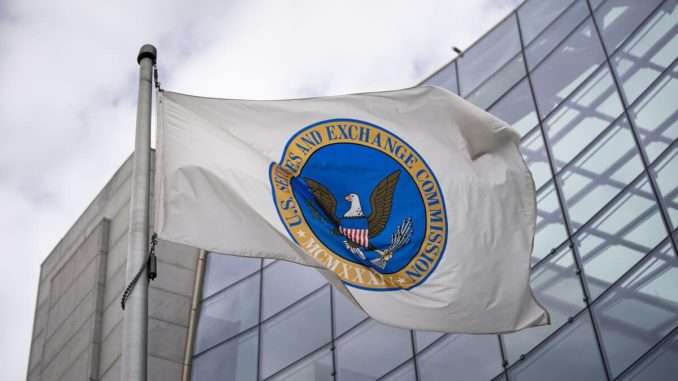
Now-defunct crypto-friendly Silvergate Bank has agreed to pay $63 million to settle charges with the Securities and Exchange Commission (SEC), the Federal Reserve, and the California Department of Financial Protection and Innovation (DFPI).
These charges stem from allegations that the bank failed to maintain a proper anti-money laundering (AML) program and made misleading disclosures about the program’s effectiveness.
The SEC, alongside the Federal Reserve and DFPI, accused Silvergate of misleading investors and the public about the effectiveness of its Bank Secrecy Act/AML program. The SEC also charged Silvergate’s former executives, including former CEO Alan Lane and former COO Kathleen Fraher, who have agreed to settlements. Former CFO Antonio Martino has denied the charges.
Silvergate, Lane, and Fraher have agreed to settlements without admitting or denying the SEC’s allegations. They will pay penalties, and Lane and Fraher have accepted a five-year ban from serving as officers or directors of any public company. The penalties include $43 million from the Federal Reserve and $20 million from the California regulator. The SEC has imposed a $50 million fine, which is expected to be offset by payments to the banking regulators. These settlements are subject to court approval.
The SEC’s complaint highlighted that Silvergate failed to detect nearly $9 billion worth of suspicious transfers by its major customer, FTX, which filed for bankruptcy in November 2022. The complaint further alleged that Silvergate did not conduct appropriate automated monitoring of its key product, the Silvergate Exchange Network (SEN), which facilitated approximately $1 trillion in banking transactions among crypto asset customers without adequate oversight.
The complaint also noted that, despite receiving warnings from government examiners about its inadequate efforts, Silvergate continued to claim that there were no risk factors in its quarterly or annual reports. A 2021 quarterly filing did acknowledge a “heightened risk” due to some crypto customers, but did not disclose specific deficiencies tied to its Bank Secrecy Act compliance.
A Silvergate spokesperson stated that the bank’s decision to liquidate voluntarily in March 2023 was responsible and conducted without government assistance. By November 2023, all deposits had been repaid to banking customers, and the bank ceased operations soon after. The spokesperson added that the settlements announced would facilitate the surrender of Silvergate’s bank charter and conclude investigations by the Federal Reserve, DFPI, and SEC.
Silvergate Bank, which had been a primary bank for major crypto businesses, folded under pressure from the crypto industry’s downturn. It was the first of three technology-tied lenders to close during the period known as the “crypto winter.” Unlike Silicon Valley Bank and Signature Bank, which were seized and liquidated by U.S. authorities, Silvergate opted for a voluntary wind-down without federal intervention.
The closure of Silvergate and the other institutions led to disruption in the U.S. banking sector, causing digital asset companies to struggle to find financial relationships as crypto became less favored.
The Federal Reserve’s inspector general concluded in an October 2023 report that Silvergate’s management was “ineffective” and that federal regulators failed to adequately respond to the bank’s business activities.



